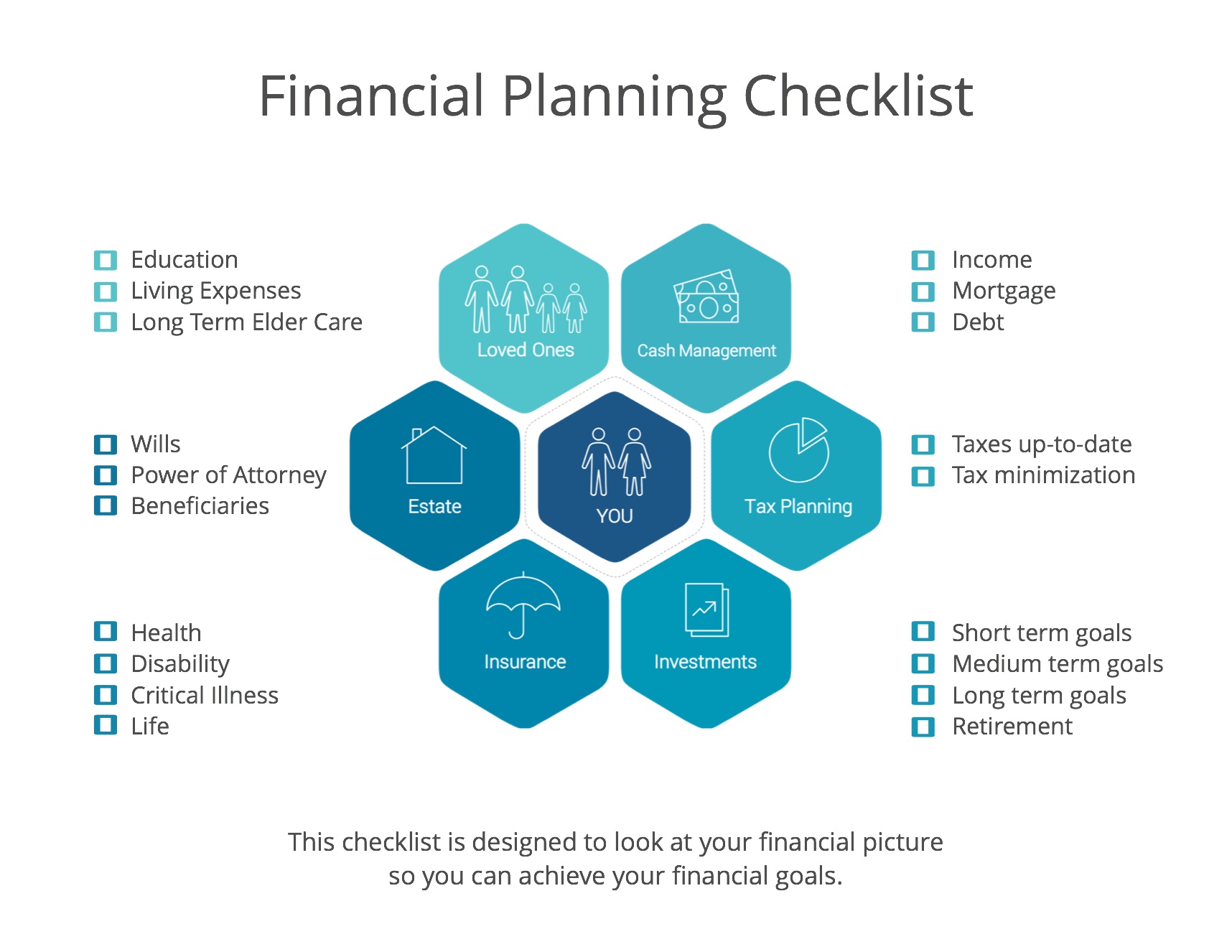Health Insurance and Financial Planning: What You Need to Know-www.waukeshahealthinsurance.com-www.waukeshahealthinsurance.com
Unexpected medical expenses can quickly derail even the most meticulously crafted budget, leading to significant debt and financial hardship. Understanding health insurance options and incorporating them effectively into your financial strategy is crucial for securing your financial future and protecting your well-being. This article will explore the vital intersection of health insurance and financial planning, providing insights into key considerations and strategies.

Understanding Health Insurance Basics
Before delving into the financial implications, it’s essential to grasp the fundamentals of health insurance. Health insurance is a contract between you and an insurance company (or a government program) that helps cover the costs of medical care. In exchange for regular payments (premiums), the insurer agrees to pay a portion or all of your eligible medical expenses.
Several key terms define your health insurance coverage:
- Premium: The regular payment you make to maintain your health insurance coverage.
- Deductible: The amount you must pay out-of-pocket for covered healthcare services before your insurance begins to pay.
- Copay: A fixed amount you pay for a covered healthcare service at the time of service.
- Coinsurance: The percentage of costs you share with your insurance company after you’ve met your deductible.
- Out-of-pocket maximum: The most you’ll pay out-of-pocket for covered services in a plan year. Once you reach this limit, your insurance company covers 100% of the costs.
- Network: The group of doctors, hospitals, and other healthcare providers contracted with your insurance company. Using in-network providers generally results in lower costs.

Different types of health insurance plans offer varying levels of coverage and cost-sharing. Common types include:
- Health Maintenance Organization (HMO): Typically requires you to choose a primary care physician (PCP) who coordinates your care. Generally, the most affordable option, but accessing out-of-network care is usually very expensive or impossible.
- Preferred Provider Organization (PPO): Offers more flexibility to see out-of-network providers, but at a higher cost. Generally more expensive than HMOs but provides greater choice.
- Point of Service (POS): Combines elements of HMOs and PPOs, offering a balance between cost and flexibility.
- High Deductible Health Plan (HDHP): Features a high deductible but lower premiums. Often paired with a Health Savings Account (HSA).

Choosing the right plan depends on your individual needs, health status, and budget. For personalized guidance, consider consulting with a qualified insurance broker or using online comparison tools. You can also find helpful resources and information on plans available in your area by visiting a website like www.waukeshahealthinsurance.com.
Integrating Health Insurance into Your Financial Plan
.jpg)
Health insurance is not just about covering medical expenses; it’s a crucial element of your overall financial security. Here’s how to effectively integrate it into your financial plan:
Budgeting for Premiums: Factor your monthly health insurance premiums into your monthly budget. Treat it like any other essential expense, ensuring you can consistently afford the payments.
Saving for Healthcare Costs: Even with insurance, you’ll likely face out-of-pocket expenses. Building an emergency fund specifically for healthcare costs can mitigate the financial impact of unexpected medical bills. This fund can cover deductibles, copays, and other uncovered expenses.
Understanding HSA and FSA Options: If you have a high-deductible health plan, consider opening a Health Savings Account (HSA). HSAs offer tax advantages for saving for healthcare expenses and can be used to pay for eligible medical costs. Flexible Spending Accounts (FSAs) are employer-sponsored accounts that allow you to set aside pre-tax dollars for healthcare expenses. Both offer tax benefits but have different rules and limitations.
Long-Term Care Planning: As you age, the risk of needing long-term care increases. Long-term care insurance can help cover the substantial costs associated with nursing homes or in-home care. This is a significant financial consideration that should be addressed early in your financial planning. Explore your options and consider the potential costs associated with long-term care.
Disability Insurance: Disability insurance can provide income replacement if you become unable to work due to illness or injury. This is crucial for maintaining financial stability during a time when medical expenses are likely to be high. Consider the impact of lost income on your ability to pay for healthcare and other expenses.
Life Insurance: Life insurance can protect your family financially if you pass away unexpectedly, ensuring they can cover outstanding medical bills and other expenses. The death benefit can provide financial security for your loved ones during a difficult time.
Regular Review and Adjustment: Your health insurance needs and financial situation will evolve over time. Regularly review your health insurance plan and make adjustments as necessary. Consider factors such as changes in your family size, health status, and employment. This proactive approach ensures your coverage remains appropriate and affordable.
The Importance of Professional Guidance
Navigating the complexities of health insurance and financial planning can be challenging. Seeking professional guidance from qualified advisors can be invaluable. A financial advisor can help you develop a comprehensive financial plan that incorporates your health insurance needs, while an insurance broker can assist you in selecting the most suitable health insurance plan for your circumstances. www.waukeshahealthinsurance.com can be a valuable resource in finding qualified professionals in your area.
Conclusion
Health insurance is an integral part of a robust financial plan. By understanding the basics of health insurance, budgeting effectively, and utilizing available resources, you can protect yourself and your family from the potentially devastating financial consequences of unexpected medical expenses. Proactive planning, combined with professional guidance, empowers you to secure your financial future and maintain your well-being. Remember to regularly review and adjust your plan to reflect your changing needs and circumstances. Don’t hesitate to seek professional advice to ensure you have the right coverage and strategies in place. Start planning today for a more secure and financially healthy tomorrow. For more information and resources, explore the options available on www.waukeshahealthinsurance.com.
